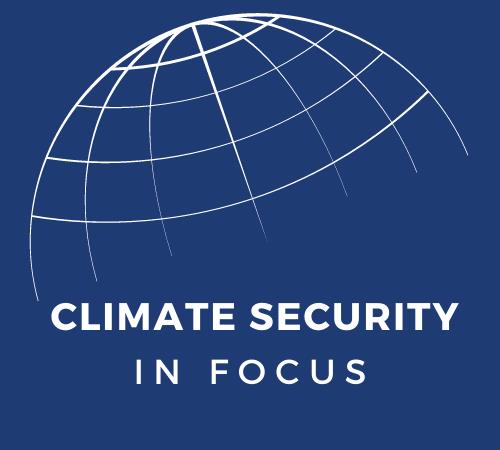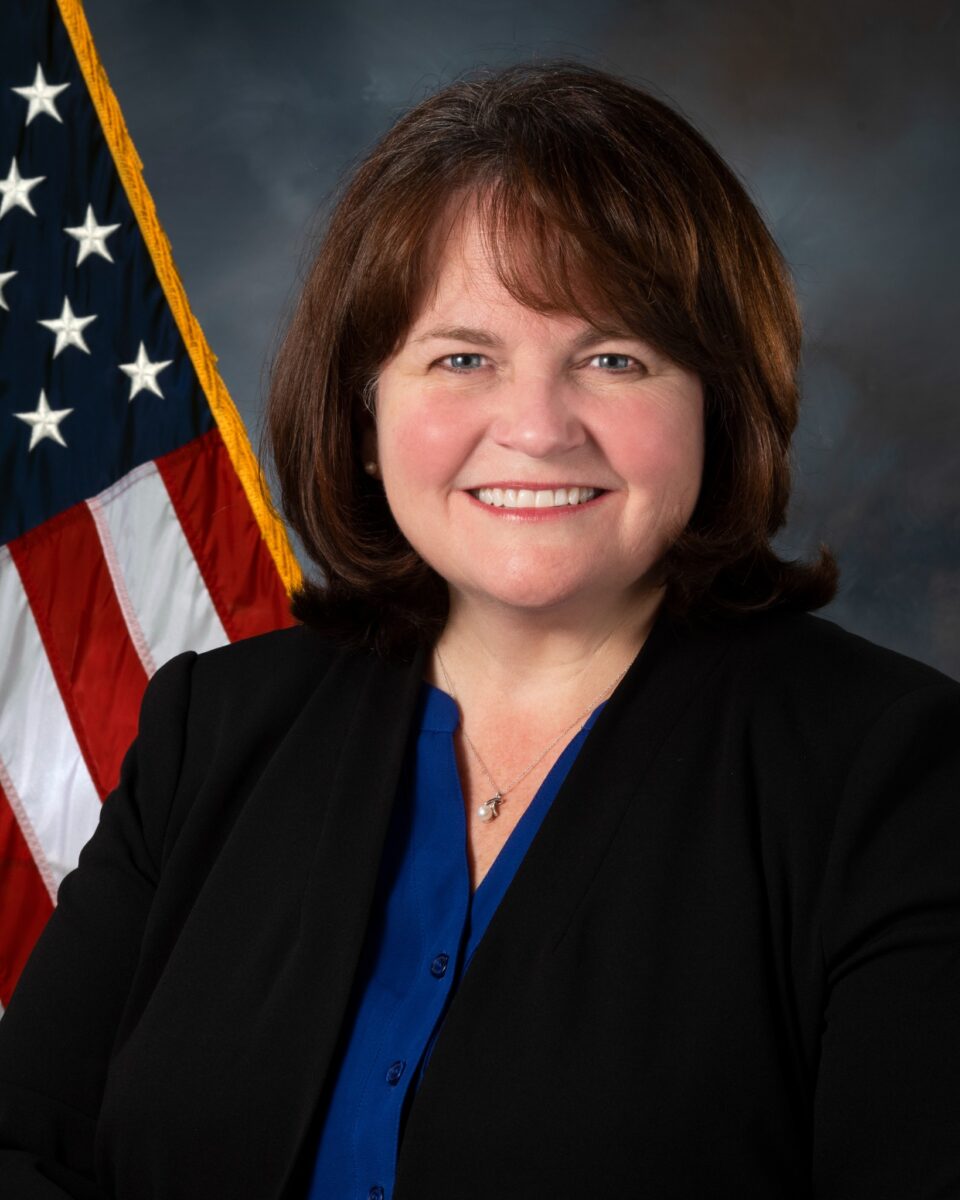
Earth Month Interview: Kristen Fletcher
April is Earth Month. In honor of the important climate security and environmental work underway, ASP is proud to share our interview with Kristen Fletcher, Faculty Associate—Research in the Energy Academic Group at the Naval Postgraduate School (NPS) and a Senior Fellow with the Environmental Leadership Program. Her dedication and innovation is helping drive both climate security and environmental policy conversations forward.

Within your role at NPS, you lead the NPS Climate & Security Network, which supports climate and security research and curricular needs of both the Navy and the Department of Defense (DoD). How did this initiative develop and what role does it play in the climate security conversation?
The Climate & Security Network (CSN) was created in 2021 by several NPS faculty members who recognized the need to approach climate security issues with multiple disciplines; we’re lucky to have leaders from meteorology and oceanography to energy and national security affairs. The Network creates an organized approach to engage NPS faculty and students with each other and with partners such as the Navy and DOD climate working groups. Our goal is to offer relevant research and room for interdisciplinary discussion while also educating current and future military leaders for climate change challenges. We are also working with the other Naval educational institutions to ensure that we collectively address the climate security needs of the Navy and Marine Corps.
You’re also an environmental lawyer with extensive experience in ocean and coastal law, policy analysis, and research. How have you seen the climate conversation evolve from science and the environment to a security issue?
While some are hesitant to approach climate change through a security lens, given the linkages between climate change, conflict, and the movement of humans, I think it’s a positive evolution. There is still progress to be made, however, in addressing this work through community. To quote my go-to climate scientist, an NPS meteorologist that helped to create the CSN: maybe, what climate change can help us learn is we (humans as a part of nature) are all connected.
2023 is the 75th anniversary of the Women’s Armed Services Integration Act. How do NPS activities and programs, including climate security, intersect and/or support NATO’s Women, Peace, and Security (WPS) agenda?
NPS advances the WPS agenda in a number of ways including curricula focused on WPS, international training to enhance best practices for inclusion of women in peace and security, and research on gender integration and how to empower women during peacekeeping. Readers can find WPS work on the NPS Research Portal.
Women make up only about 20% of the national security workforce. There are several organizations dedicated to helping advance women in the field, including in climate security. Why is it so important that women’s representation in national security continue to grow?
It’s well-settled that women disproportionately feel the impacts of conflict, environmental damage and climate change. We can recognize the need to integrate climate considerations into national security but without women’s voices in the field of national security, the root causes of this disproportionate impact are less likely to be addressed. This is especially true in places where women do not have access to basic rights including education and health care.
Climate Security is a relatively new field that is growing rapidly. What advice do you have for those who want to get more involved in the climate security field?
I’ve had this conversation with a few young professionals lately! As someone who entered the climate security field only a few years ago, I recommend following groups like ASP and others to learn more about the issues and looking for networks of people that are thoughtful and inclusive about addressing these issues. Taking on leadership roles in these groups or communities of interest grows your visibility with peers and leaders and helps you gain an understanding of other perspectives on these issues. Lastly, understand that this work requires a diversity of voices and bringing your convictions and expertise to this community is an important way to advance it.
Climate Security in Focus is a blog series dedicated to exploring key elements of climate security that impact American interests both at home and abroad. The series aims to examine specific aspects of climate security issues in order to better understand the challenges, facilitate conversation, and generate ideas.





